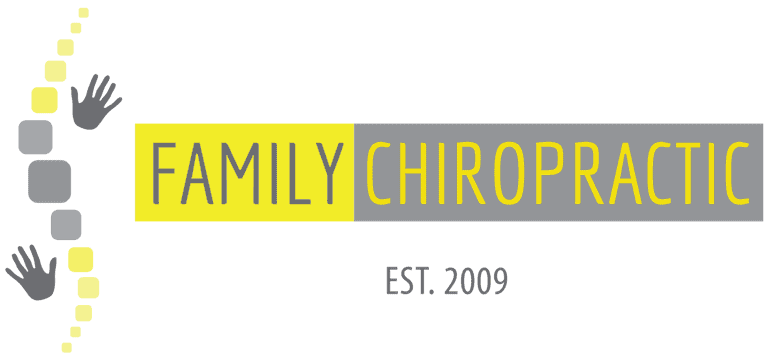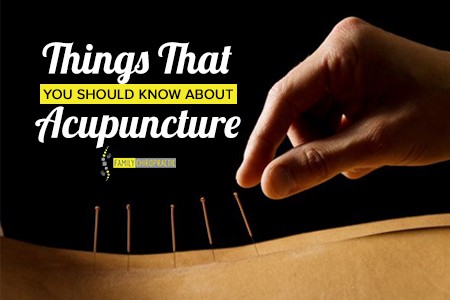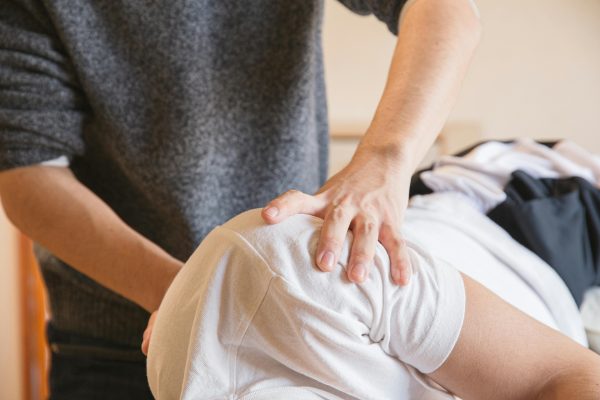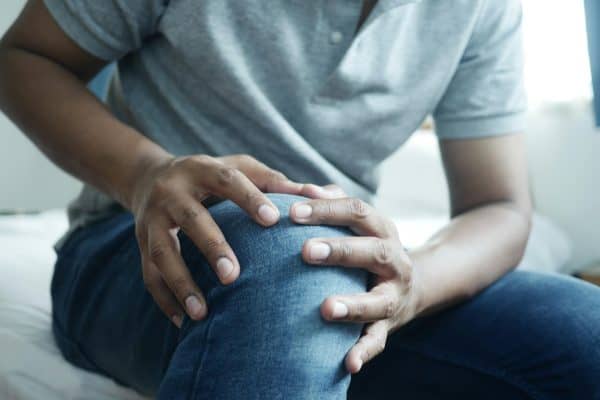Things That You Should Know About Acupuncture
In acupuncture, pain is relieved through the production of the body’s natural painkillers, which is stimulated by the needling of corresponding meridians on the body. Acupuncture also encourages the release of Serotonin, which helps to regulate the mood, moderate sleeping cycles, and can relax tense muscles. In chiropractic, pain is often treated through spinal manipulation, which is intended to correct the alignment of the skeletal system and joints. Correcting physical misalignments in the body can not only help to treat conditions that contribute to pain but can also improve the circulation of blood and the communication of the nervous system throughout the body. Essentially, chiropractic addresses the “mechanical” malfunctions of the muscles and skeleton, while acupuncture improves the chemical, nervous, and neurological processes.
Acupuncture and Chiropractic therapy are both alternatives, natural, pharmaceutical-free forms of treatment for a variety of complaints, conditions, and injuries. While they both address pain reduction, they do it in different angles that complement each other. But what else do we know about acupuncture really? Most people can only think of needles when acupuncture is mentioned but there’s actually a lot more to know. Here are some of them so that you can rest easy when going for your first acupuncture appointment.
Acupuncture Is More Than Pain Relief
People often try acupuncture when they like a more natural way for pain relief, especially when the good old massage didn’t work as much. So as a result, patients cancel appointments when they’re not in pain or when they’re sick. What many don’t realize is that acupuncture can also help with other areas of health aside from simply relieving your pain.
Eat Before You Go In
Receiving acupuncture on an empty stomach may lead to lightheadedness, dizziness or even fainting. So it’s important that you’ve at least eaten something a few hours before the treatment so that your body is fully energized for the treatment.
You Won’t Have To Take Your Clothes Off But It Would Be Better To Opt For Loose Clothing
Unlike massages, where you have to be bare from waist up, the acupuncture treatment allows you to keep your clothes on. But since acupuncturists need to access areas under your clothes, it would be easier for the both of you if you wear loose clothes so that you can just roll and unroll them.
You May Be Asked To Show Your Tongue, Have Your Pulse Taken And Have Your Abdomen Pressed
Your acupuncturists’ goal is to improve your overall health so the state of your internal organs are important are the main concern for them. To assess the condition of your internal organs and device a treatment that suits you, the will ask to see your tongue, take your pulse and press your abdomen.
You May Be Asked Embarrassing Questions
For the physical examination, details about your bowel movement, urination, and menstruation (if you’re a woman) will be asked. So try not to get all shy and awkward about these topics because the more details you give, the more accurate their diagnosis will be.
Acupuncture Needles Are Much Thinner Than Hypodermic Needles
If you’re a little apprehensive with needles, don’t worry because you almost won’t feel acupuncture needles. They’re so thin that they’re just about the width of two to three hair strands and are very flexible. So you can relax because you can expect little to no feeling of the needles being inserted into your pores.
They Don’t Reuse Needles
It’s important to know that acupuncturists don’t reuse needles. Just like any procedure that involves injecting needles, acupuncture needles are for one-time use only. So you can rest assured that, there’s virtually no chance that you will contract a disease from receiving acupuncture.
Needles Are The Main Tool But It’s Not Their Only Tool
When people hear acupuncture, the first image that pops into their head is needles. However, what many people don’t realize is that other tools aside from needles are used in acupuncture too. Depending on their training, your diagnosis, and your comfort level, you may get more than just needles at your visit. You may receive acupressure (pressure instead of needles over acupuncture points), Tuina (massage), Guasha (scraping of the skin), cupping (suction of the skin), Moxibustion (heating of the skin), Chinese herbs or Qi Gong (energy healing).
You May Have To Do A Couple Of Sessions
Your acupuncturist will most likely recommend subsequent treatments. Some insurance plans have added acupuncture to their list of services, so be sure to check with your insurance provider if acupuncture is something they reimburse. Many acupuncturists can provide you with a bill to submit to your insurance carrier so you can get reimbursement.




